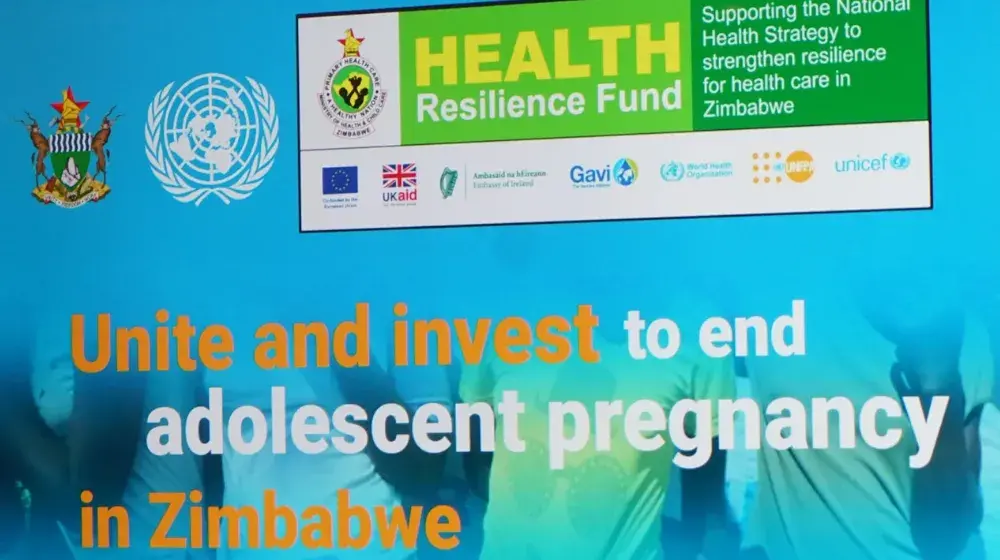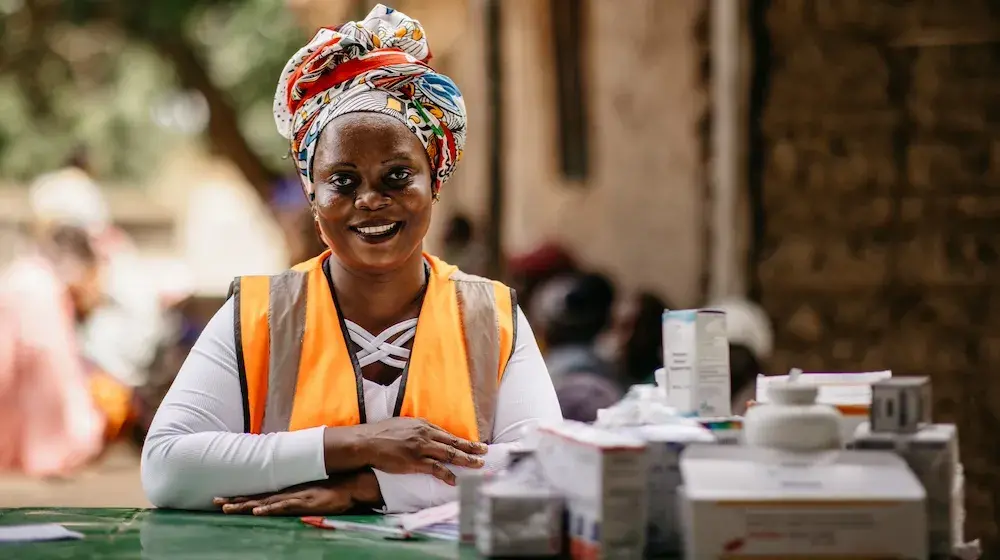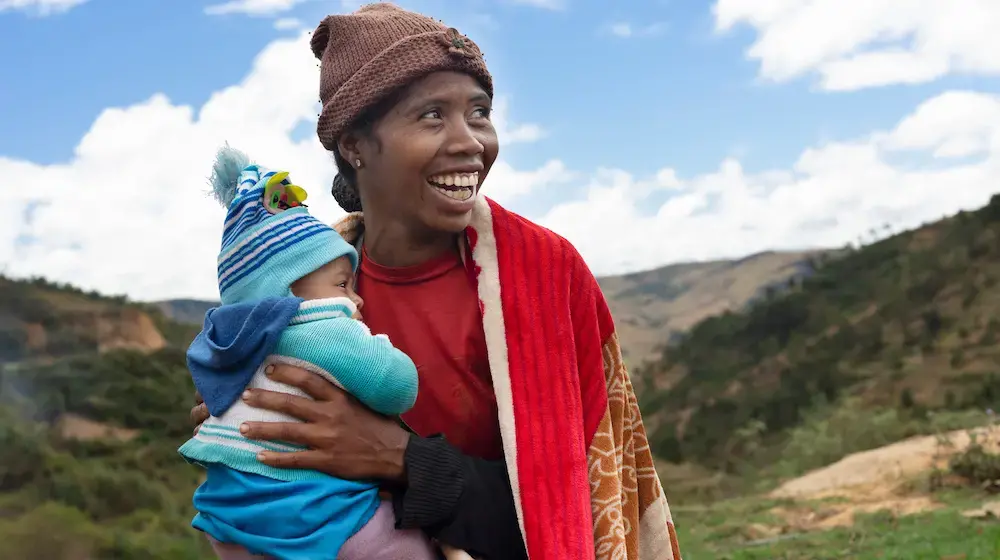Harare, Zimbabwe, 11 July 2021 – On World Population Day, UNFPA is calling for continued investment in the provision of Sexual Reproductive Health (SRH) and Gender Based Violence (GBV) services for women and young people in the context of COVID-19 that has caused serious gaps and challenges in the provision of sexual and reproductive health information and services. Additionally, the reallocation of resources away from these services towards Covid19 response may affect the health of many women and girls.
World Population Day is commemorated each year on the 11th of July. The theme for this year: Rights and Choices are the Answer: Whether baby boom or bust, the solution lies in prioritizing the reproductive health and rights of all people points to the need to continue focusing on the rights and choices of women and young people, particularly girls.
The ongoing COVID-19 pandemic has put a strain on health care systems globally and nationally, disrupting the provision of sexual and reproductive health information and services. At the same time, COVID-19 has exacerbated gender inequities and gender-based violence, with increased incidences of violence under lockdowns.
“COVID-19 has laid bare stark inequalities and weaknesses in healthcare systems within and among countries. The crisis has caused many overstretched health systems to scale back sexual and reproductive health services, which are often not deemed essential,” said UNFPA Executive Director, Dr. Natalia Kanem in a statement to mark World Population Day.
“While these services are a human right, they have been shunted aside in favour of more “pressing” concerns. Amid economic pressures and budget cuts, there is a real risk that some countries may fail to restore these services. On World Population Day, let us take action to close these gaps, because sexual and reproductive health services are essential. Even if health systems are understandably strained, these services cannot wait. Any further delays will curtail the health and well-being of women and girls, consequences that can last a lifetime.”
In Zimbabwe the pandemic posed unprecedented challenges for UNFPA programming and it became necessary to relook at interventions and become more innovative to continue delivering critical SRH and GBV services for women and young people especially in light of COVID19 lockdown restrictions. Such innovation included partnership between UNFPA and World Food Programme to utilise its food distribution points and logistics to deliver GBV and SRHR information and services. Through this network, male and female condoms were distributed as well as sexual reproductive health information which was shared with communities during these food distribution outreaches.
Community health workers such as Behaviour Change Facilitators, Village Health Workers and young condom promoters, provided information on SRHR such as family planning, HIV, male and female condom usage and GBV at the food distribution points.
During the COVID-19 lockdown, the country witnessed an upsurge in cases of GBV. To ensure access to information on prevention of GBV and access to services, UNFPA supported GBV risk mitigation initiatives such as provision of psychosocial support to women and girls through safe spaces.
GBV service delivery was scaled up through mobile One Stop Centres in remote areas – all this to ensure continuity of essential service provision during the COVID-19 movement restrictions phase, including the lockdown. A shuttle service was also availed in hotspots to support transportation of GBV services to health facilities at any hour.
“These are some examples of how COVID-19 challenged us to continue delivering GBV response as well as SRHR services with innovation. We were able to continue supporting the delivery of services for women and young people to access contraceptives, obtain cervical cancer screening and access to GBV services for survivors,” said UNFPA Zimbabwe Country Representative Dr. Esther Muia.
“Although progress has been made, even with the challenges presented we are still alive to the fact that COVID-19 remains a huge challenge to our programming and to women and girls and we still have much more work to do. We must continue to ensure universal access to sexual and reproductive health, leaving no one behind. We call on all our partners to continue supporting and believing in our mandate.”
In many marginalised and rural communities, women and young people still struggle to access reproductive health services, especially preventive services with family planning, cervical cancer screening and treatment standing out. In addition, the number of maternal deaths in the country remains unacceptably high. In addition, GBV remains a huge problem in Zimbabwe affecting at least 1 in 3 women and girls, according to the latest Zimbabwe Demographic and Health Survey. The problem has worsened because of COVID19 and its impact on several dimensions of life.
“On this World Population Day, UNFPA extends it gratitude to the Government of Zimbabwe for the trust in the UNFPA mandate and mission,” said Dr Muia. “Our gratitude goes to Governments of Britain, Ireland, Sweden, Switzerland, European Union, Japan, China as well as the World Bank who continue to support our work in Zimbabwe and our various implementing partners who have partnered with us in this important work. We also value our joint programming and implementation with our sister UN Agencies who continue to walk with us on this journey.”
For more information and media queries please contact
Bertha Shoko, Communications Analyst--UNFPA: Tel: +263 772 782 299 Email: shoko@unfpa.org





